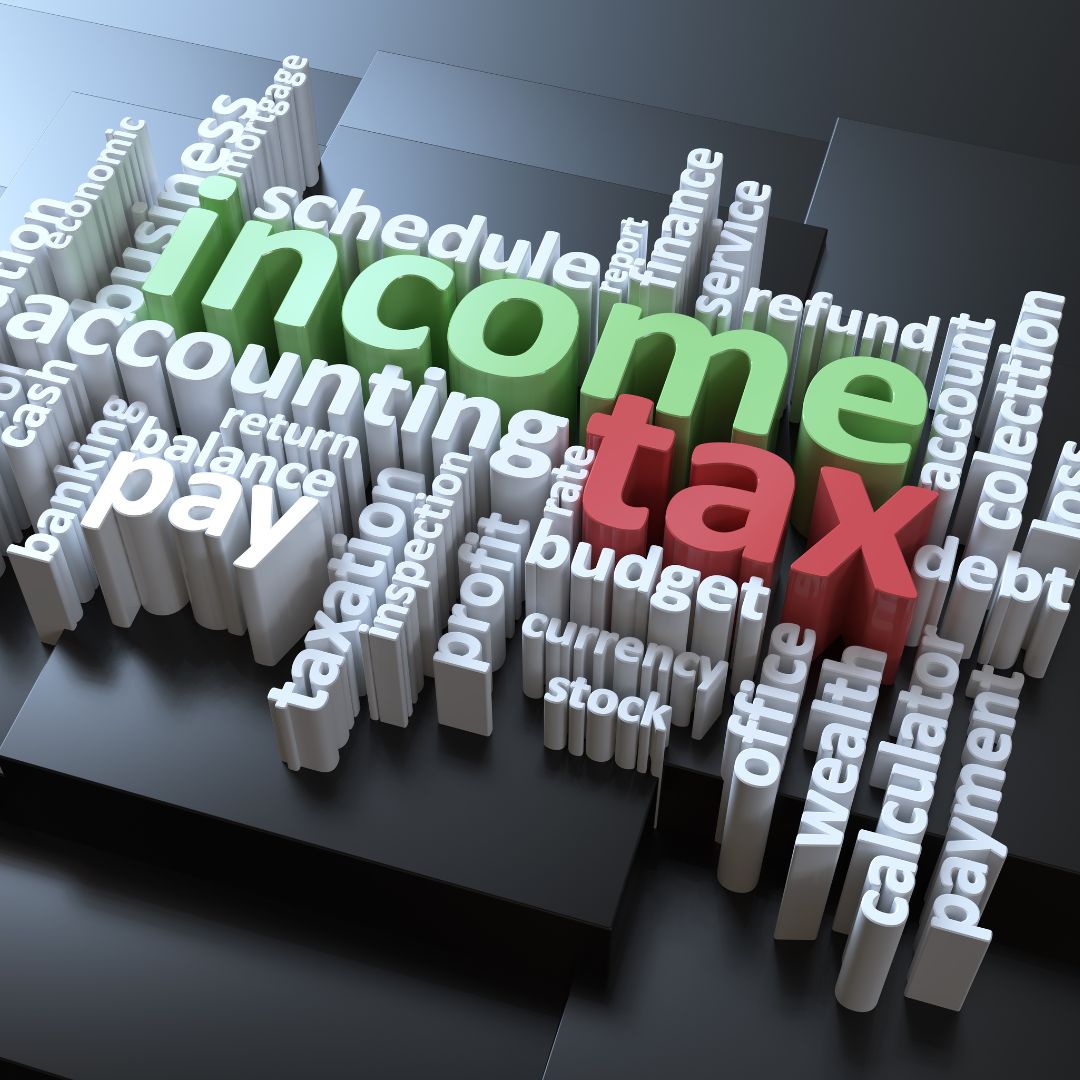Paying taxes is a responsibility that comes with earning an income, but in Thailand, like many countries, there are legal ways to reduce your tax liability. The Thai tax system provides several avenues for tax deductions, exemptions, and credits that can help individuals reduce their taxable income. By strategically planning your finances, you can take advantage of these options and lower your tax burden.
Here’s a guide on how to reduce your personal income tax legally in Thailand:
1. Contribute to a Retirement Fund (Provident Fund or Pension Fund)
One of the most effective ways to reduce your taxable income is by contributing to a retirement fund. Thailand offers tax incentives for both Provident Fund and Pension Fund contributions, which can reduce your taxable income.
- Provident Fund: Contributions to a company-sponsored provident fund (if available) are tax-deductible. Both the employee and employer can contribute, and these contributions are typically tax-deductible up to a maximum amount. In general, the total contribution is capped at 15% of your salary.
- Retirement Mutual Fund (RMF): If you’re not part of a provident fund, you can contribute to an RMF, which functions similarly to a pension fund. Contributions to an RMF are tax-deductible, with a limit of up to 30% of your income, or a maximum of 500,000 THB per year. However, you must keep the investment for at least five years before accessing the funds.
2. Use the Personal Tax Deduction and Allowances
Thailand’s tax system provides a variety of personal deductions and allowances that can reduce your taxable income. Here are some key deductions and exemptions to take advantage of:
- Standard Deduction: For employees, the tax system allows for a standard deduction of 50% of income, with a cap of 100,000 THB. This means you automatically get a deduction of up to 100,000 THB on your income.
- Spouse and Child Allowances: If you have a spouse who does not earn income or children under the age of 25 who are still studying, you can claim additional deductions. The spouse allowance is 30,000 THB per year, and you can claim 30,000 THB per child for up to three children.
- Parent Allowance: If you financially support elderly parents who live with you, you may be eligible for a parent allowance of up to 30,000 THB per parent.
- Insurance Premiums: You can deduct premiums paid for life insurance, health insurance, and pension insurance. The total allowable deduction is up to 100,000 THB for life insurance and health insurance premiums.
- Charitable Donations: Donations made to eligible organizations in Thailand can be deducted from your income. A portion of charitable donations (up to 10% of annual income) is tax-deductible. The donation must be made to a registered charity or an educational institution.

3. Invest in Tax-Saving Funds (SSF and RMF)
To further reduce your taxable income, you can invest in Tax-Saving Funds such as the Super Savings Fund (SSF) or Retirement Mutual Funds (RMF).
- Super Savings Fund (SSF): Contributions to SSFs are tax-deductible up to 30% of your income or a maximum of 200,000 THB per year. Investments in SSFs must be held for at least 10 years to enjoy the tax benefits. This is a good option for individuals looking for long-term tax benefits.
- Retirement Mutual Funds (RMF): As mentioned above, you can invest in RMFs for tax deductions up to 500,000 THB per year. RMFs are specifically designed for long-term retirement savings.
4. Claim Deductions for Education and Medical Expenses
You can reduce your tax liability by claiming deductions for specific expenses:
- Education Expenses: If you or your children attend an accredited school or university, you can deduct education expenses from your taxable income. The maximum deductible amount is 15,000 THB per year per child.
- Medical Expenses: If you incur medical expenses for yourself or your family, these expenses are deductible, subject to specific limits. You can claim up to 15,000 THB in medical expenses for yourself and up to 30,000 THB for your dependents.
5. Use Tax Credits and Exemptions for Foreign Income
If you earn income from abroad, Thailand has tax treaties with several countries that may allow you to reduce your tax burden by exempting or taxing that income at a lower rate. Additionally, foreign-sourced income that is brought into Thailand is only subject to Thai tax if it is remitted into the country within the same year.
- Foreign Tax Credit: If you have already paid taxes on foreign income in another country, Thailand may offer a foreign tax credit that allows you to offset the taxes paid abroad, reducing your Thai tax liability on that income.
6. Explore Tax Benefits for Home Loans and Property
Thailand offers certain tax benefits for property owners, especially for those with mortgage loans:
- Mortgage Interest Deduction: If you have a home loan, you can deduct the interest paid on the loan from your taxable income. The total deduction allowed for mortgage interest is up to 100,000 THB per year.
- Property Tax Exemption: There are some tax exemptions available for owners of property used for residential purposes, which can lower your overall property-related taxes.

7. Keep Track of Tax Filing and Planning
Proper tax planning is essential to legally reduce your tax burden. Here are some steps to ensure you’re on the right track:
- Document All Deductions: Keep track of all expenses that are eligible for tax deductions, such as charitable donations, educational expenses, and medical costs.
- Maximize Deductions: Ensure that you are fully utilizing the deductions and allowances available to you, such as retirement contributions, insurance premiums, and allowances for dependents.
- Consult a Tax Professional: Tax laws in Thailand can be complex, and an experienced tax advisor can help you optimize your tax planning strategies, ensuring you are fully compliant while minimizing your liability.
8. Utilize the Tax Year-End Planning
Before the end of the tax year (usually December 31st), consider making any additional contributions to retirement funds, tax-saving investments, or charitable donations that could maximize your deductions. This will reduce your taxable income for that year and, therefore, your overall tax burden.
Conclusion
Reducing your personal income tax legally in Thailand requires a combination of smart financial strategies and taking full advantage of available tax deductions, exemptions, and credits. By contributing to retirement funds, investing in tax-saving instruments, utilizing available allowances for dependents and medical expenses, and keeping up-to-date with Thailand’s tax laws, you can effectively lower your tax burden while staying compliant with the law. Always consult a tax professional to ensure you’re maximizing your tax-saving opportunities while following all legal guidelines.



